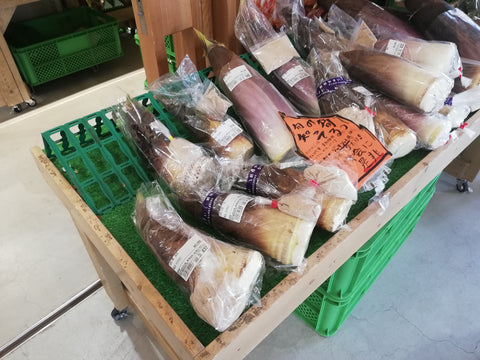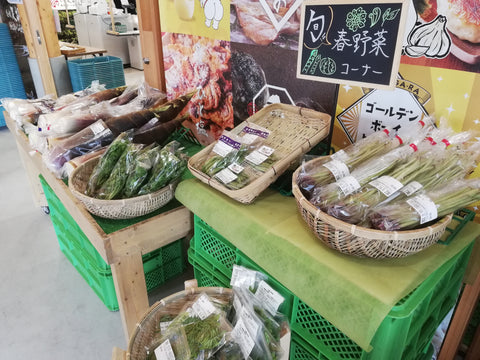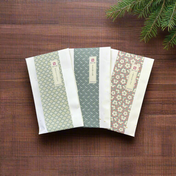When and how do you feel that spring has arrived? Is it the time when you see particular flowers blooming or is it the time when day time becomes longer? For me, it is when I see a plate with bitter tastes on the table.
Many types of 山菜(Sansai)- a wild edible plants, are in the stores in the spring. They contain a bitter taste a lot.



A bitter taste, 苦み(Nigami) in Japanese, is a keyword of spring vegetables in 和食(Washoku)- Japanese cuisine.
In Japanese cuisine there is a saying, "春の皿には苦みを盛れ" (Haru no sara niwa Nigami o more) literally means "Serve bitter taste on a plate in spring". It is said having a bitter taste in spring is good for our health as it is effective for detoxification in order to remove the waste of body accumulated during the winter. I feel that the bitter taste makes my body awake and also feel the bitterness is very tasty. For more than 10000 years, from the Jomon period, people have been going into the mountains, picking Sansai in spring and eating them.
It seems everything about Sansai is good for us. But sometimes people can't be bothered to eat Sansai as you need to remove some bitterness before starting cooking.The removing process is called 灰汁取り(Akutori). There are many ways depending on the type of the plant.
Here I will show you one of the ways of Akui tori with たけのこ(Takenoko) - bamboo shoots.

There is a bamboo grove near my place. Can you find a young bamboo?

Here it is.

Soon after taking the bamboo, you need to boil it with 米ぬか(Komenuka)- rice bran- for 2-3 hours depending on the size of bamboo shoots.

Leave them until they gets cool.

Akutori is done. The harsh taste should've been removed. Now you can start cooking. Bamboo shoots are good with stir-frying, simmering, salad, tempura...etc

If you change the water in the container, you can keep them in a refrigerator for a week.

Here is other Sansai I got from my neighbors, called わらび(Warabi) -bracken shoots.

I boiled with baking soda this time.

Then I cooked seasoned rice with the Takenoko and Warabi !!

I enjoyed the bitter taste!!

"Spring Bitterness" brings me a spring feeling and also makes me happy and healthy. I will enjoy the taste the rest of the spring time.
Enjoy your spring time !
Today's Recommendation
Sozairyoku: Japanese Soup stock, Hon-Katsuo-dashi, 14 x 5g packets
Japanese soup stock made with Katsuo (Bonito/Tuna) . No synthetic salt additives added (all salt content is obtained naturally from the ingredients). Simmering with the stock , shoyu(soy sauce) and sugar, you can easily have a Japanese traditional taste.



